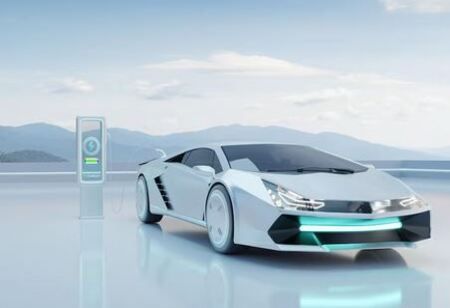
Hyundai Motor India, Indian Oil to Test Hydrogen Fuel Cell Vehicles


Hyundai Motor India Ltd has teamed up with Indian Oil Corporation Ltd to investigate the feasibility of using hydrogen fuel cell vehicles in large quantities in India.
Hyundai Motor India Ltd (HMIL) announced that it has signed a Memorandum of Understanding (MoU) with Indian Oil Corporation, transferring one Hyundai NEXO Hydrogen FCEV to IndianOil for practical testing on Indian roads.
It also stated that HMIL and IndianOil will assess longevity and operational dependability over an approximate 40,000-kilometer route during the two-year testing period.
To give important information on the long-term financial and environmental advantages of implementing hydrogen-powered vehicles for the Indian market, a Total Cost of Ownership (TCO) analysis that includes routine maintenance will also be carried out, the company states.
According to HMIL Managing Director Unsoo Kim, the company hopes to integrate Indian knowledge with top-tier hydrogen fuel cell technology through its relationship with Indian Oil Corporation.
As India seeks to lessen its reliance on fossil fuels and cut carbon emissions, there is an increasing interest in alternative fuel technology. In an effort to establish India as a global center for the production and export of green hydrogen, the Indian government has been supporting the technology through its National Green Hydrogen Mission.
With extensive experience in a range of propulsion technologies, including internal combustion engines, compressed natural gas, flex-fuel, hybrid, electric, and hydrogen vehicles worldwide, Hyundai contributes a great deal of experience to the collaboration.
In parallel, the business is collaborating with the Indian Institute of Technology Madras to create a "Hydrogen Innovation Centre" that will act as a testing ground for green hydrogen technology's quality and componentry.
The biggest integrated oil and gas business in India, IndianOil, has been funding a number of sustainable energy projects.
As part of its ambition to expand beyond conventional petroleum products and fit with global ecological goals, the state-owned firm has been investigating alternative fuel possibilities.
Also Read: M S Swaminathan Leaves behind an Evergreen Legacy of a Safer and Hunger-Free Future
The outcome of this study may have an impact on how India's transportation industry develops in the future, possibly providing a solution to lower the nation's high oil import costs while resolving environmental issues with vehicle emissions.